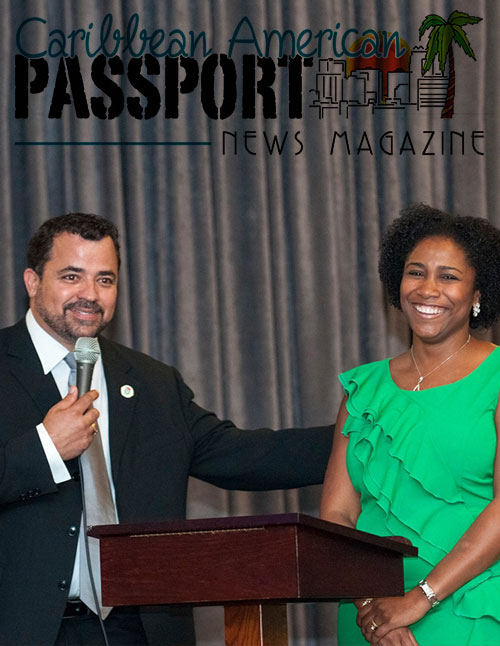In recent developments, both the City of Orlando and Orange County have entered into agreements with U.S. Immigration and Customs Enforcement (ICE), sparking significant debate and concern among immigration advocates and community leaders.
City of Orlando's Agreement with ICE
On March 26, 2025, Orlando Police Chief Eric Smith signed a Task Force Model agreement under ICE's 287(g) program.This agreement permits selected Orlando police officers to perform certain immigration enforcement duties under ICE's supervision. The decision was made without prior public consultation, leading to criticism from immigration advocates and faith leaders who fear it may instill fear within immigrant communities and potentially lead to racial profiling. Mayor Buddy Dyer addressed these concerns during a City Council meeting, stating that Orlando police will not proactively check individuals' immigration status during routine interactions, such as traffic stops or when reporting crimes.
Orange County's Partnership with ICE
Similarly, on March 25, 2025, the Orange County Board of County Commissioners approved a memorandum of agreement with ICE. This agreement allows specially trained county correctional officers to perform functions akin to those of immigration officers, including arresting undocumented individuals in custody on state and local charges and facilitating their transfer to ICE. The decision followed extensive debate, with some commissioners expressing concerns about potential violations of individuals' constitutional rights and the economic impact on the community. Despite these reservations, the agreement was ratified, with officials citing compliance with state laws and the potential risk of losing federal funding as key factors influencing their decision.
Community Response and Implications
The agreements have elicited strong reactions from various community organizations and leaders. The Immigrants Are Welcome Here Coalition, representing over 30 local and state immigration advocacy groups, condemned the decisions, arguing that such agreements could lead to racial profiling and deter undocumented residents from seeking assistance from law enforcement. Commissioner Tony Ortiz highlighted the potential economic ramifications, noting that the deportation of individuals working in sectors like agriculture, construction, and hospitality could adversely affect the local economy.
These developments are particularly significant for the Caribbean American community in Central Florida, given the region's diverse demographic composition. The agreements underscore the ongoing tension between local jurisdictions' efforts to comply with state mandates and the imperative to foster trust and safety within immigrant communities. As the situation evolves, it remains crucial for community members to stay informed and engaged with local policies that directly impact their lives and well-being.

















